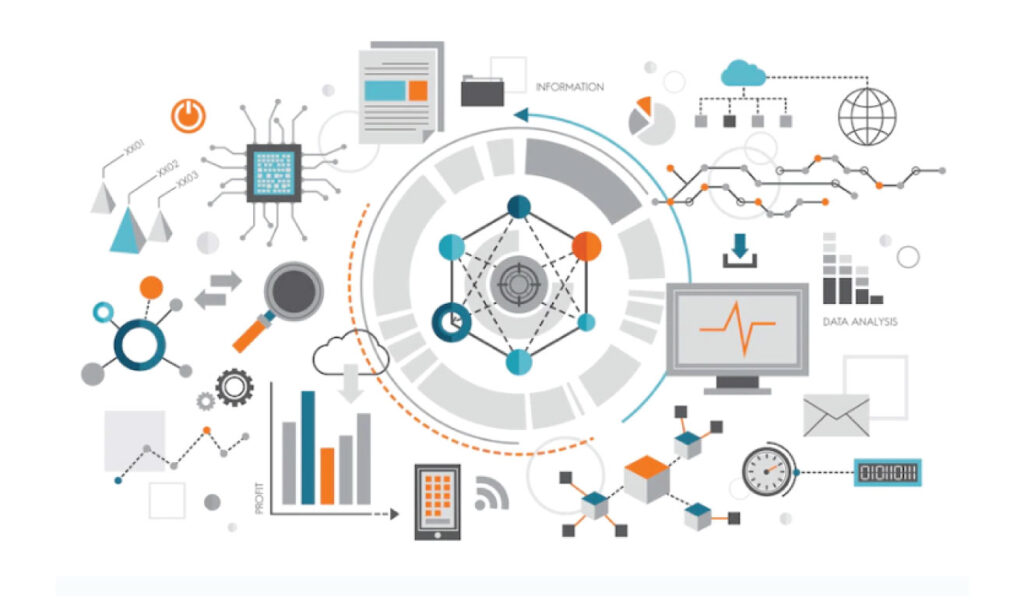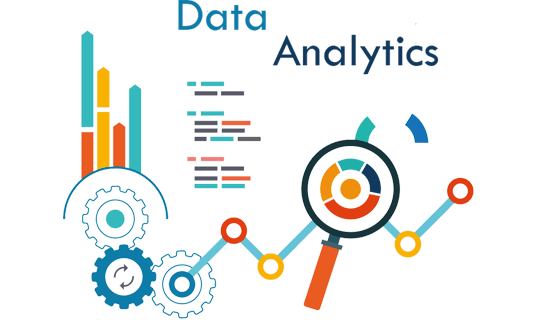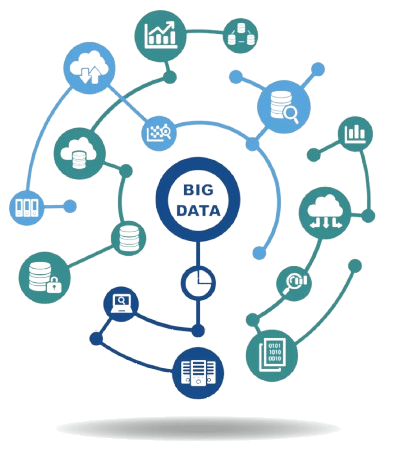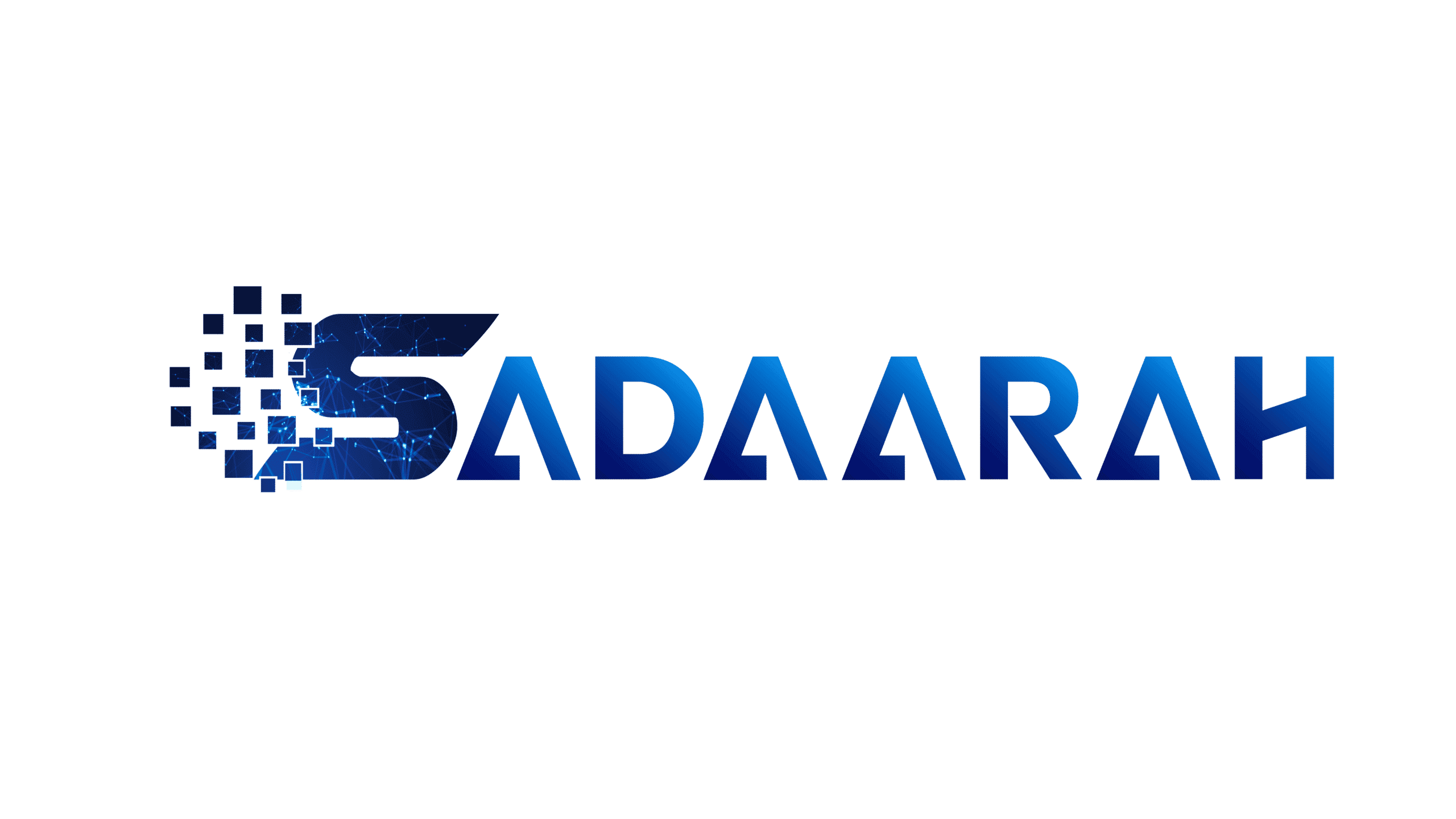No products in the cart.
Data Analytics
Data analytics is the methodical examination of big datasets through a variety of statistical and computational methods in order to find significant trends, patterns, and insights that support well-informed decision-making and provide value for the business.

Examining Data Analytics
Methods, Resources, and Uses
The term “data analytics” describes the practice of examining unstructured data in order to identify patterns and insights that may be utilized to forecast and make choices. This includes using a variety of methods to search through the data for hidden correlations, patterns, and relationships, including statistical analysis, machine learning, data mining, and visualization. Across all sectors, data analytics is frequently used for things like boosting customer experiences, generating innovation, and streamlining corporate processes and marketing initiatives.

Features
Digital marketers rely heavily on data analytics since it provides a range of capabilities that allow them to optimize their plans and improve the effectiveness of their campaigns. The following are some essential components of data analytics in online marketing:
Audience segmentation
Using demographics and behavior to create customized campaigns.
Tracking important indicators in real time
Real-time performance monitoring.
Customer Journey Analysis
Improving conversion routes among various touchpoints.
Predictive analytics
Making future behavioral and trend predictions.
Attribution Modeling
Giving marketing touchpoints credit.
Social media analytics
Recognizing sentiment and audience participation.
Benefits
Data Analytics Benefits
Data analytics benefits refer to the advantages gained from the systematic analysis of data to derive insights and make informed decisions. These benefits include enhanced targeting, improved campaign effectiveness, increased customer engagement, better decision-making, optimal resource allocation, continuous optimization, predictive insights, and enhanced competitiveness.
- Enhanced targeting
- Improved campaign effectiveness
- Increased customer engagement
- Better decision-making
- Optimal resource allocation
- Continuous optimization
- Predictive insights
- Enhanced competitiveness





